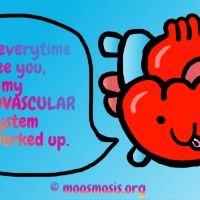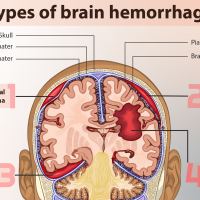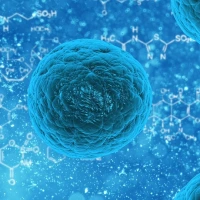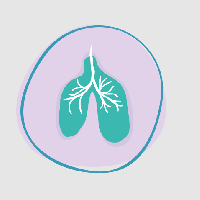How to Achieve Your New Year’s Resolutions and Goals
Happy New Year! We have all wanted something in our lifetime, and we have all probably experienced both the bitter taste of rejection and the sweet taste of getting what we want. Although many might believe that getting what you want is dependent on luck, there are certain things that separate high achievers. If you are to get what we want, you should set goals, and use strategies that allow you not only to influence people so you achieve what you want, but also get you closer to your wildest dreams.




















